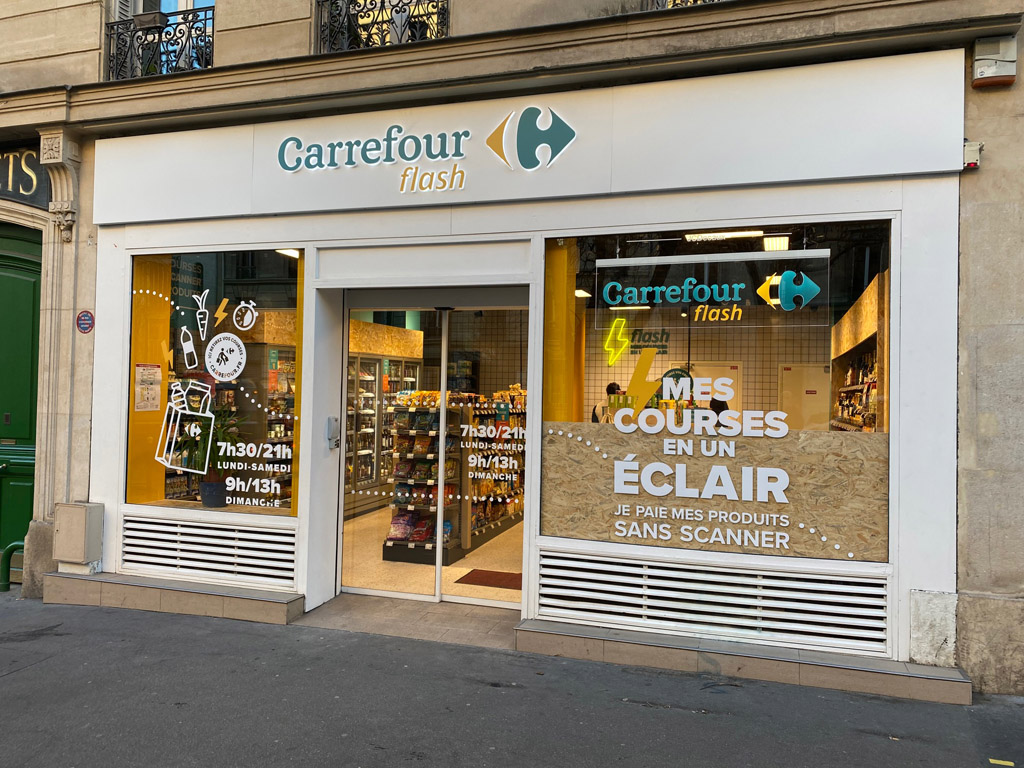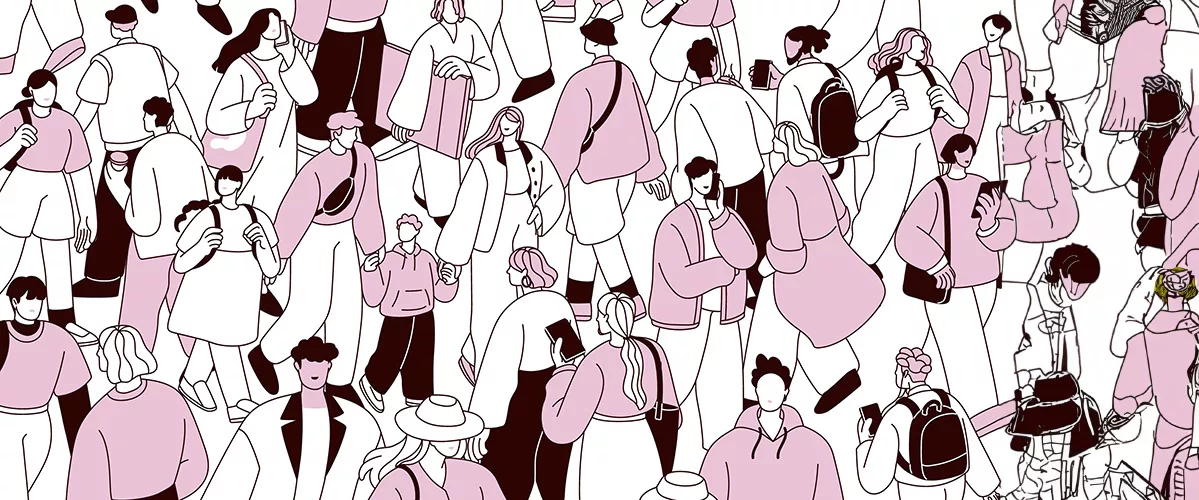Research in France gives us a better understanding of the place of downtown stores and the dynamics of the retail market. The Survey also sheds light on the impact of public policies on mobility and the attractiveness of downtown.
Contact the IntoTheMinds survey agency
Key figures
- 73% of consumers shop in city-center stores at least once a week.
- 52% of customers have a special relationship with one or more retailers in their neighborhood.
- 54% of respondents fear that downtown businesses are doomed to disappear.
- 83% of survey participants believe municipalities should implement more initiatives to support downtown retail life.
- 62% of consumers believe that prices charged in downtown shops are excessive.
- 67% of shoppers favor banning cars from the city center at weekends.
- 78% of respondents visit the bakery/pastry shop the most among downtown food shops.
- 71% of survey participants would like access to major retailers such as Ikea, Leroy Merlin, or Decathlon downtown.
- 75% of consumers would be interested in “phygital” services, such as pedestrian drive-throughs in town centers.
- 95% of customers consider downtown shops essential to neighborhood life, emphasizing their role in creating social links (91%) and simplifying daily life (94%).
Attachment to downtown stores
There’s no doubt that survey participants love their downtown businesses. This is good news not only for brick-and-mortar stores but also for town centers. Consumers are not content with e-commerce. They need human relationships, which is reflected in the survey results. More than half of respondents (52%) feel they have a special relationship with one or more store holders in their neighborhood.
This attachment is also reflected in the fear of seeing downtown businesses die out. More than one in two respondents (54%) fears these stores will disappear, while 83% think municipalities should give them more support.
The paradox of cars downtown
Some 44% of French people prefer to travel to urban centers by car. Of this group, 79% express a desire for more parking spaces, a preference that resonates with 71% of the total population. At the same time, 67% are in favor of a ban on car traffic in city centers at weekends. This opinion is shared by 59% of those who usually opt for this mode of transport. And to make matters worse, 68% of the population favors LEZs (Low-Emission Zones), urban zones from which the most polluting vehicles are excluded.
It’s a paradoxical situation. On the one hand, inner-city shoppers are opting for the car. On the other, they favor limiting or even banning them. Isn’t there a certain contradiction here? Do customers realize that their behavior is different from their aspirations? It’s undoubtedly true that respondents’ answers to questions about mobility reflect, to some extent, the current ecological pressure, which means that cars have less and less place in public spaces.
To further fuel this paradoxical situation, the Survey shows that excessive cost and access problems are the main obstacles to visiting stores (41% of respondents). This leads 43% of citizens to call for improved access and parking options. And as if that weren’t enough, 66% expect downtown stores to offer free parking.
In short, customers want to limit access and see fewer cars downtown as long as theirs isn’t.
How can downtown businesses be revitalized?
Since downtown has become an unloved destination for shoppers over the years, it must be revitalized. Given the mobility problems mentioned above, there’s no doubt that the restrictive policies of political leaders are different from what’s expected. But the Survey also provides something to consider for retailers themselves.
50% of respondents expect more commercial offers or loyalty programs. This is the No. 1 demand of consumers. It naturally echoes the problems of loss of purchasing power. We also saw this in another survey on in-store digitalization. In 2024, consumers’ main concern is to preserve their purchasing power. All retail issues, even those related to innovation, are now seen through this prism.
Asked which aspect of the customer experience is most important, 57% say it’s price. The “purchasing power” prism applies once again. This is even more curious (but we’re close to a paradox), given that customer experience is about everything except price.

Autonomous stores are not universally acclaimed
Among the ways to revitalize city centers, the Survey assessed the concept of the stand-alone store. We’ve touched on this subject several times on this blog, notably during our visit to Carrefour Flash. Carrefour Flash was a short-lived experiment in the very heart of Paris, which Carrefour quickly discontinued.
The answers to the question “Do you think stand-alone stores have a place in city centers?” should only half surprise you. The answers correlate with age. While 63% of the over-65s don’t want stand-alone stores in town centers, only 22% of the 18-24s are opposed.
Posted in Marketing.


